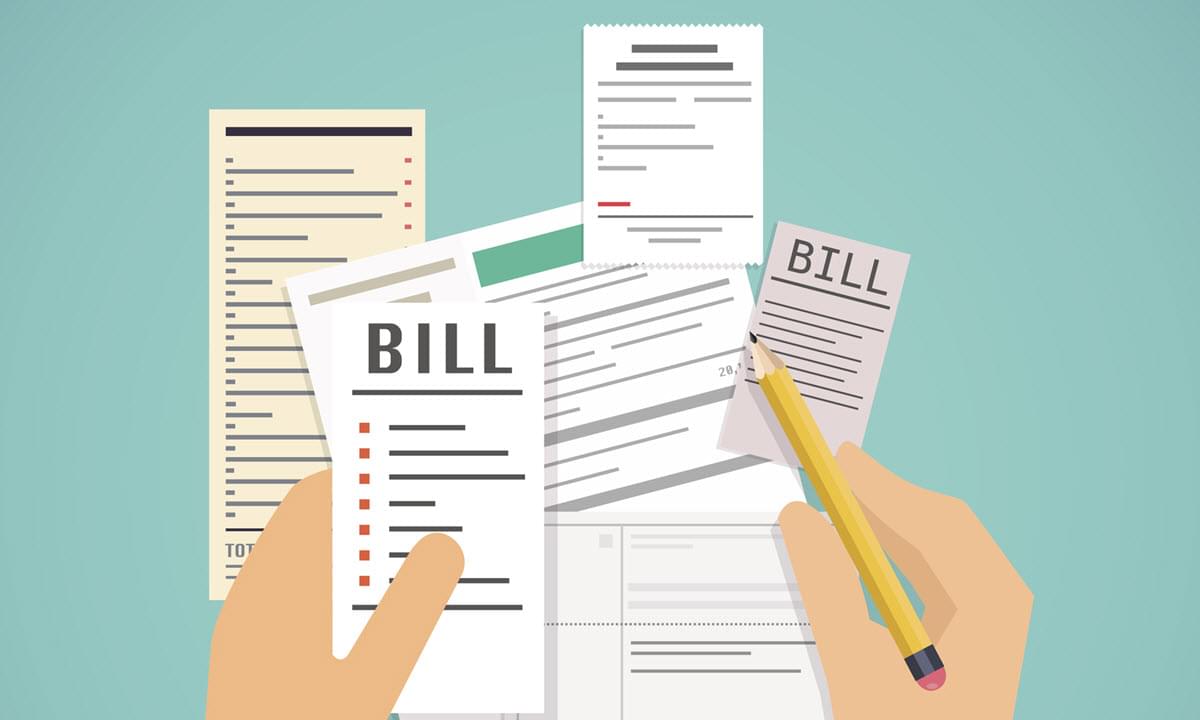Rather than accepting holiday debt like an unpleasant New Year’s tradition – you can fight back. Start planning now, to ensure this time next year, you won’t fear opening your January bills.
Here are some tips and tricks you can start working on now to make sure you stay in the black next year:
1. Take Advantage of Post-Holiday Sales
The last thing you might be thinking about at this time of year, is spending more money, but the best time to stock up on holiday items is now. You can buy seasonal wrapping paper, ribbon, decorations, ornaments, and other gifts for your friends and family at significant savings. They won’t know that you bought them one of those glass ornaments that they love for 75 percent off, but your wallet will!
2. Start Budgeting Now
Just because it’s January doesn’t mean you can’t establish your holiday budget for next year. Set aside a little bit every month to ensure that you can cover the additional expenses you’ll have in December. One easy way to make sure that you’re saving enough is to set up an auto pay savings account. Set your online banking up so that every payday, it auto transfers $25 or $50 to your Holiday Spending account. At the end of the year, you could have as much as $650 (or $1,300 respectively) to spend on holiday shopping. Just think about how far that money will go towards easing your worries about overspending. Consider it a gift to your future self.
3. Buy Throughout the Year
Just because you’re buying something for the holidays, doesn’t mean you have to wait until after Black Friday to do so. Instead, buy gifts for people on your list throughout the year. This will help you spread out your expenses and take advantage of great deals when you find them. It will also mean that you’ll be less frazzled once December rolls around, leaving you more time to enjoy the season. In fact, you’ll even be able to put your feet up and sip some eggnog rather than heading out in the cold weather to brave the crowds at the mall.
4. Cut Back
Sure, your family has always bought everyone a gift, but while your family is also still reeling from the stress of overspending, talk to them about doing a Secret Santa next year to save money. Consider cutting back on buying gifts for other people on your list or limiting the amount that you spend. If you’re giving your friends gifts out of habit or the fear that they will show up at your place over the holidays with a gift for you and you’ll be empty handed, chat with them to see if you can set a $10 limit on gift giving or scrap the tradition altogether. If you really want to show each other your love – swap cookies!
5. Pay with Cash
Did you know that people tend to spend less when they have to pay for their purchases in cash? When holiday purchases are charged to credit cards, it can be hard to keep track of spending — without seeing the money, one can tend to spend more. But by paying with cash, you can look at what’s left in your wallet to get an idea of how much is left. For that reason, it’s one of the most effective ways of staying on budget.
Planning Ahead Makes for a Happier Season
It can be difficult to enjoy the holidays when you’re worried about how much you’re going to owe come January. Overspending can leave you frazzled or feeling like a Grinch. Rather than just living in the moment and enjoying time with friends and family, consider breaking the cycle by establishing a budget now, to help ensure that next year truly is merry and bright!
This article is intended as general information only and is not to be relied upon as constituting legal, financial or other professional advice. A professional advisor should be consulted regarding your specific situation. Information presented is believed to be factual and up-to-date but we do not guarantee its accuracy and it should not be regarded as a complete analysis of the subjects discussed. All expressions of opinion reflect the judgment of the authors as of the date of publication and are subject to change. No endorsement of any third parties or their advice, opinions, information, products or services is expressly given or implied by Royal Bank of Canada or any of its affiliates.



















